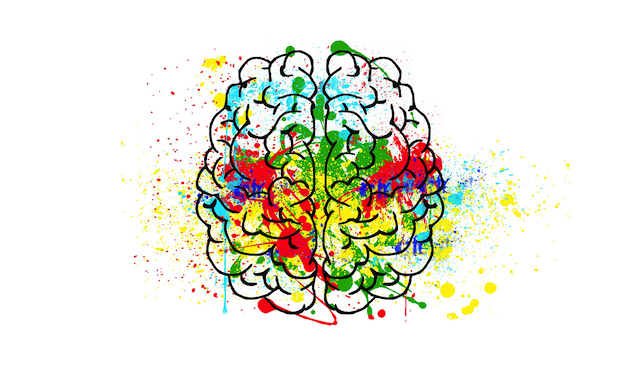Welcome to Behavior Analysis
WHAT IS BEHAVIOR ANALYSIS?
Behavior Analysis is a natural science that studies the effects of the environment
on the behavior of individuals. Its principles are universal. They can be applied
with any population, including children with autism, people with developmental disabilities,
parents and children, pet owners, college students, healthcare providers, athletes,
employees, and CEOs.
A career in behavior analysis will give you many options. Behavior analysts work in a variety of settings, including classrooms, large corporations, government institutions, health institutions, animal shelters, zoos, and in homes. Anywhere there are people, there is the opportunity to help individuals reach their full potential through improving their environment.
Students from other fields, such as social work, special education, rehabilitation and addictions, health sciences, computer science and gaming, and neuroscience, will also find that a knowledge of behavior analytic principles can help them make better sense of the behavior of the individuals they work with and study.
A career in behavior analysis will give you many options. Behavior analysts work in a variety of settings, including classrooms, large corporations, government institutions, health institutions, animal shelters, zoos, and in homes. Anywhere there are people, there is the opportunity to help individuals reach their full potential through improving their environment.
Students from other fields, such as social work, special education, rehabilitation and addictions, health sciences, computer science and gaming, and neuroscience, will also find that a knowledge of behavior analytic principles can help them make better sense of the behavior of the individuals they work with and study.
BEHAVIOR ANALYSIS DEGREES
ABOUT US
The Department of Behavior Analysis Master of Science degree program was the first graduate program in the nation to be accredited by the Association for Behavior Analysis. The program has attracted students from Brazil, Canada, China, Columbia, England, Iceland, Japan, Mexico, and Norway as well as from 17 states in the U. S. Whether alumni go on to pursue a doctoral degree or assume professional positions in the community, they are consistently viewed in their new settings as highly accomplished behavior analysts.
The department’s Bachelor of Science degree in Applied Behavior Analysis was the first of its kind in the nation. Its curriculum includes intensive training in the principles and application of applied behavior analysis, in the context of a broad general education.
Due to the increasing demand for applied behavior analysts (or applied behavior analysis practitioners) in 1999 the department developed a sequence of internet courses. These courses allowed professionals to continue their behavior analysis education as well as meet the academic requirements for professional certification by the Behavior Analysis Certification Board.
In 2003, the Department of Behavior Analysis received a research endowment from the estate of Beatrice H. Barrett, Ph.D. In 2004, the department established the Beatrice H. Barrett Research Program in Neuro-Operant Relations.
behv.unt.edu
Behavior.Analysis@unt.edu
940-565-2274
Mailing address:
1155 Union Circle #310919
Denton, TX 76203
Physical address:
Chilton Hall, Suite 360
410 Ave. C
Denton, TX 76210
Behavior.Analysis@unt.edu
940-565-2274
Mailing address:
1155 Union Circle #310919
Denton, TX 76203
Physical address:
Chilton Hall, Suite 360
410 Ave. C
Denton, TX 76210


